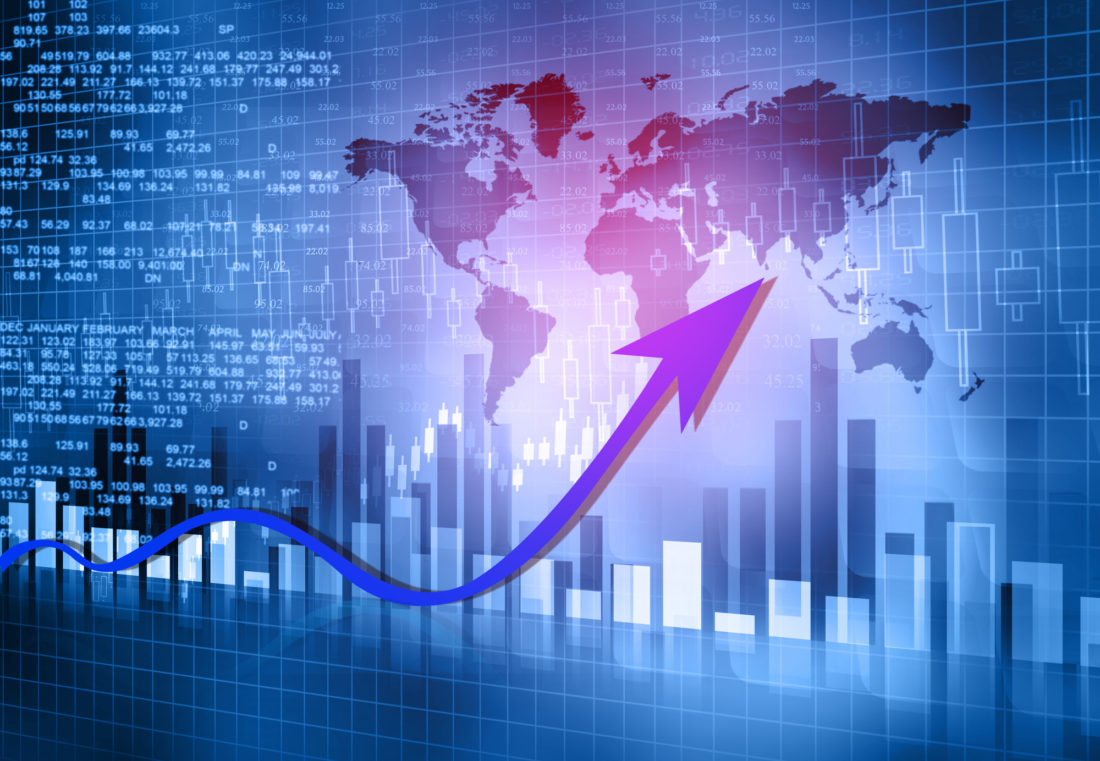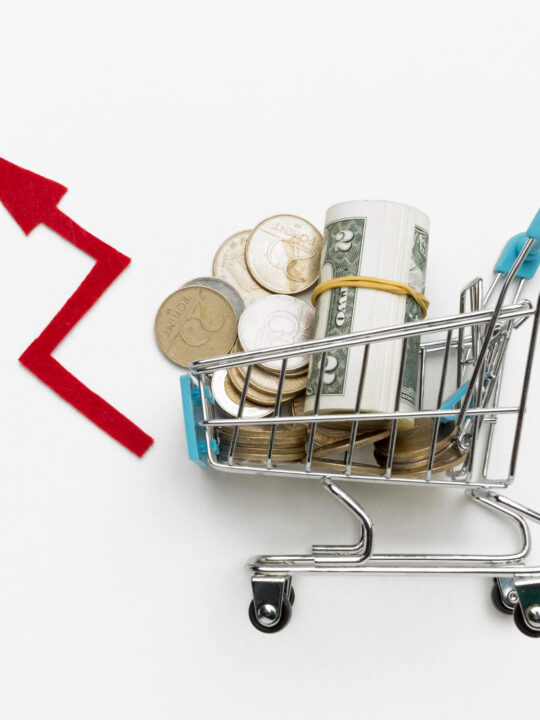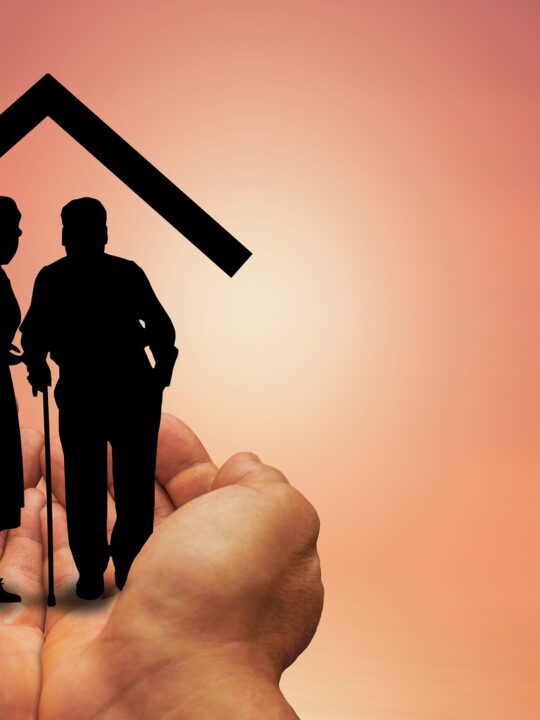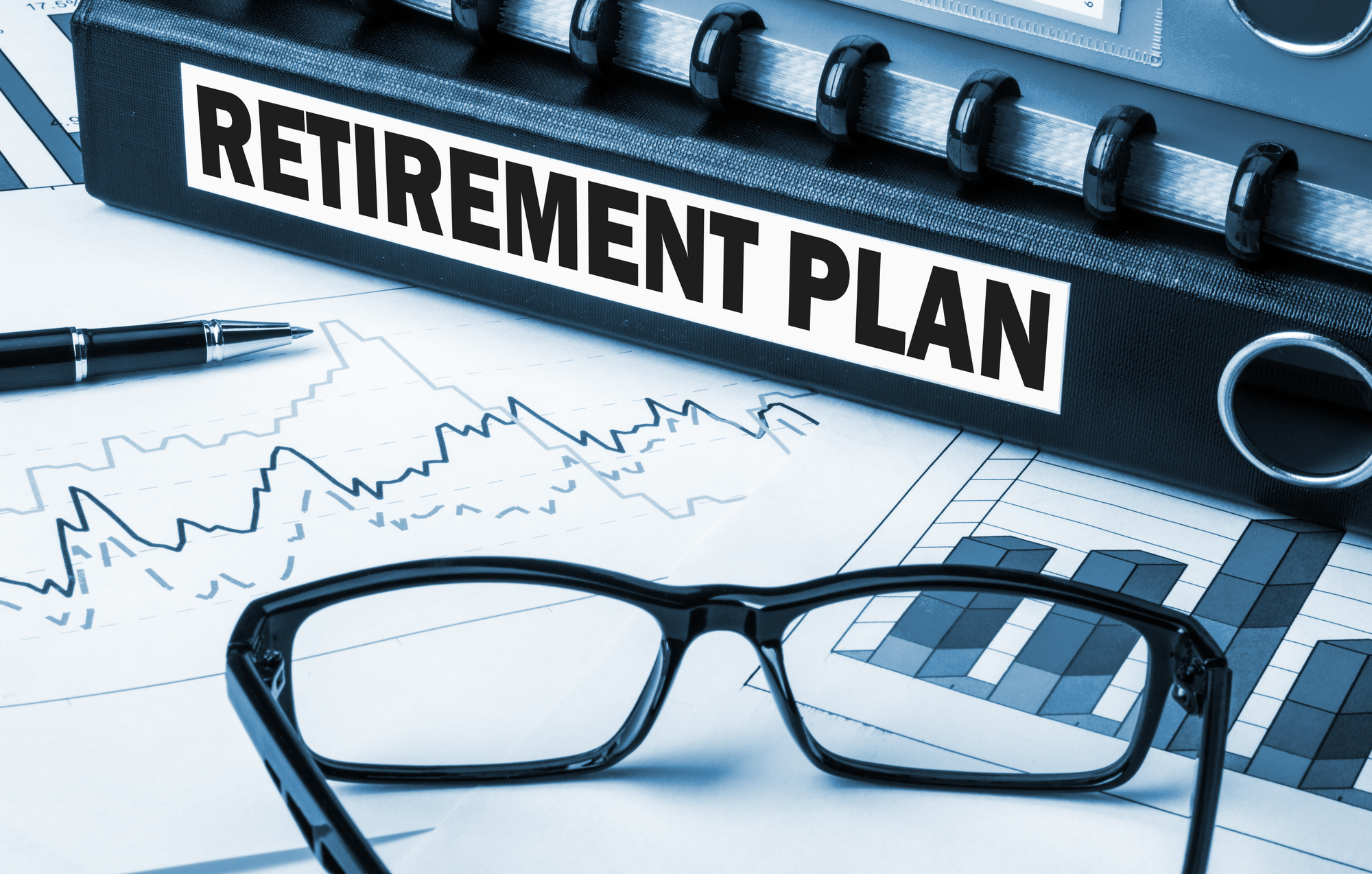 Remember the financial crisis of 2008? That’s set to pale in comparison to the recession we’re about to face.
Remember the financial crisis of 2008? That’s set to pale in comparison to the recession we’re about to face.
For most of us, we’ve never seen the world in such a state. Businesses across the globe have closed their doors, millions of people are suddenly unemployed, and the world’s gone quiet. Covid-19 has shut the planet down.
For the economy, the situation we’re in is unprecedented. One thing we know for certain though is that a recession looms.
Here’s everything you need to know about the 2020 recession.
Table of Contents
What is a Recession?
An economic recession is a dip in the general economy. Usually, it’s signaled by a rise in unemployment, a large dip in the stock markets, and lowering house prices.
In the US, the National Bureau of Economic Research (NBER) has noted that the decrease in economic activity must last for at least a few months for a recession to be declared.
After the outbreak of Covid-19 shut most of the world down, a global recession has become unavoidable. The question of ‘will it happen’ has turned instead into ‘how long will it last and how bad will it be’. There’s no definite answer to show us the true impact of the recession, but there are some clues we can look at to see how we may be affected.
What’s Happening
When the virus first broke out in China, the world saw the first shockwave. As China locked down, major factories shut. This had a knock-on effect for suppliers around the world who were selling their parts to the factories – with no need, there were no sales.
As the virus moved to Europe and America, the situation worsened. Stock markets plummeted, businesses closed, and the people went into lockdown. We stopped shopping, and economies around the world slowed to an almost halt.
It didn’t take long for fears of global economic collapse to begins spreading. As time moved on, the world realized a recession in 2020 was inevitable.
The recession is set to be the worst financial crisis since The Great Depression almost 100 years ago. In fact, the US has already seen it’s biggest decline in GDP since this era, falling by 4.8% at the end of April.
The Effects
How much the recession will affect the world is something that we can’t accurately predict by now. Some experts are hoping it will be a temporary crisis that we’ll bounce-back from one the virus is controlled. Others take a bleaker outlook, suggesting that the weakened economy could take years to recover.
For both the US and the UK, experts have warned that it could take 3 years for the countries economies to return to normal.
To get a better idea of what the world could be facing, let’s take a look at the current effects.
Global Impact
The International Monetary Fund has already predicted the global economy will shrink by 3% in 2020. They’ve also reported it could reduce or global GDP by $9 trillion. To learn more about the worldwide impact, let’s take a look at the most hard-hitting effects.
Unemployment
One of the most discussed economic effects of the virus has been unemployment – and for good reason. Rising levels of unemployment are a clear sign of a recession, but the speed in which people have been laid off shows a far quicker collapse of the economy than previous crises.
Here are some unemployment statistics from around the world:
- 33 million Americans have claimed for unemployment benefits since the pandemic began
- 10 million Americans lost their job in just 2 weeks
- The latest warnings from the UK show their employment could double by spring
- It also predicts a shrink of the UK economy by up to 14%, making it the worst recession in over 300 years
- 3 million more people in China were unemployed in March than in April – although experts suggest this figure could be a lot higher
- The unemployment rate in India is currently at a record high with 120 million workers losing jobs in April
As people become unemployed, there are plenty of knock-on effects. It puts more strain on governments to provide financial support, to start with. There’s also less tax paid with higher unemployment, again affecting governments.
Unemployed people are also going to have less money to spend on goods, which means businesses can suffer. There’s a decrease in output, leading to more unemployment, and less spending. It can become a vicious cycle of economic downturn and could lead to a longer-lasting recession.
Developing Countries
It’s feared that developing countries are to be the worst hit by the global recession. We’ve already seen how unemployment has soared in India and it’s the same across the developing world. But with a lack of financial support from the government and little to no savings, there’s no doubt that these countries face the biggest struggle.
For them, Covid-19 isn’t even the biggest fear. The loss of jobs and how they will feed their families is a far more pressing problem.
As many world bank blogs report, this is why there’s a call for debt relief for these poor countries. The UN has even called for $2.5 trillion as part of a plan to rescue these countries as investments drop out and their economies slow.
The Chinese Economy
China is the manufacturing hub of the world. The closure of its industry has had knock-on effects around the world, causing a ripple of economic damage. In both January and February, their industrial production dropped by 13.5% compared with 2019.
As the second-wave hits China, this is expected to continue. With their factories closed, businesses who based their production in the manufacturing hub have seen major falls in supply. With no supply, they have nothing to sell.
The lack of demand for parts to manufacture has also affected other supply countries, as we mentioned earlier.
In the first quarter of 2020, China’s economy plummeted by 6.8% – it was the first contraction to its economy since records began in the 1990s. Their growth this year will also slow to the lowest its been in this time – it’s expected to reach only 5.9%.
The effect this will have on economies around the world isn’t known yet, but it’ll certainly slow imports and exports in countries across the globe. With the world’s manufacturing hub shut down, the outlook doesn’t look positive.
The Future
There’s no doubt that the future of the world is uncertain. Even once the virus is under control, the effects of unemployment and a mass psychological change in consumerism could create lasting problems for years to come.
The financial help from governments in the form of bailouts and benefits could be crucial to a quick recovery. The speed in which we manage to contain the virus will also play a large factor in how long this recession lasts. How the world reacts now will determine a lot about our future.
It’s important we don’t rush to restart the economy. Not only could this put lives at risk if people go back to work too quickly, it could also lead to a second wave. Many countries including China, Germany, and South Korea are seeing signs of a second wave already, just weeks – or even days – after easing their lockdown.
As we haven’t experienced a second-wave yet, it’s hard to predict what will happen. It’s thought that China will again have to shut down a lot of its manufacturing to try and slow the virus, causing that knock-on effect to reappear.
The thought that the economy will be quickly kickstarted this year is a distant hope, unfortunately. It seems as though it will fluctuate as waves of the virus hit, and won’t settle until we at least find a vaccine.
Even after that, expecting the economy to bounceback may be a little optimistic. Although there are some out there who do believe it will be like turning on the switch and watching the world burst back into life. Whilst everyone hopes that’s the case, no one can say for certain which way it’ll go at this point.
Keep Up With the 2020 Recession
To stay on top of the 2020 recession and get more news from around the world, be sure to read more of our articles. Staying in-the-know could be the key to managing your finances and preparing for life during the pandemic and after it.
In the meantime, make sure to stay safe and look after those around you. In an unsteady world, the perseverance of the people is needed now more than ever.







